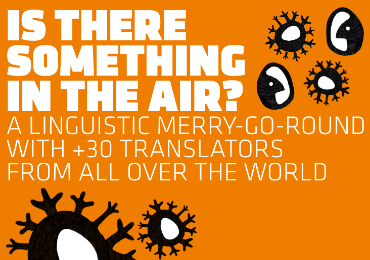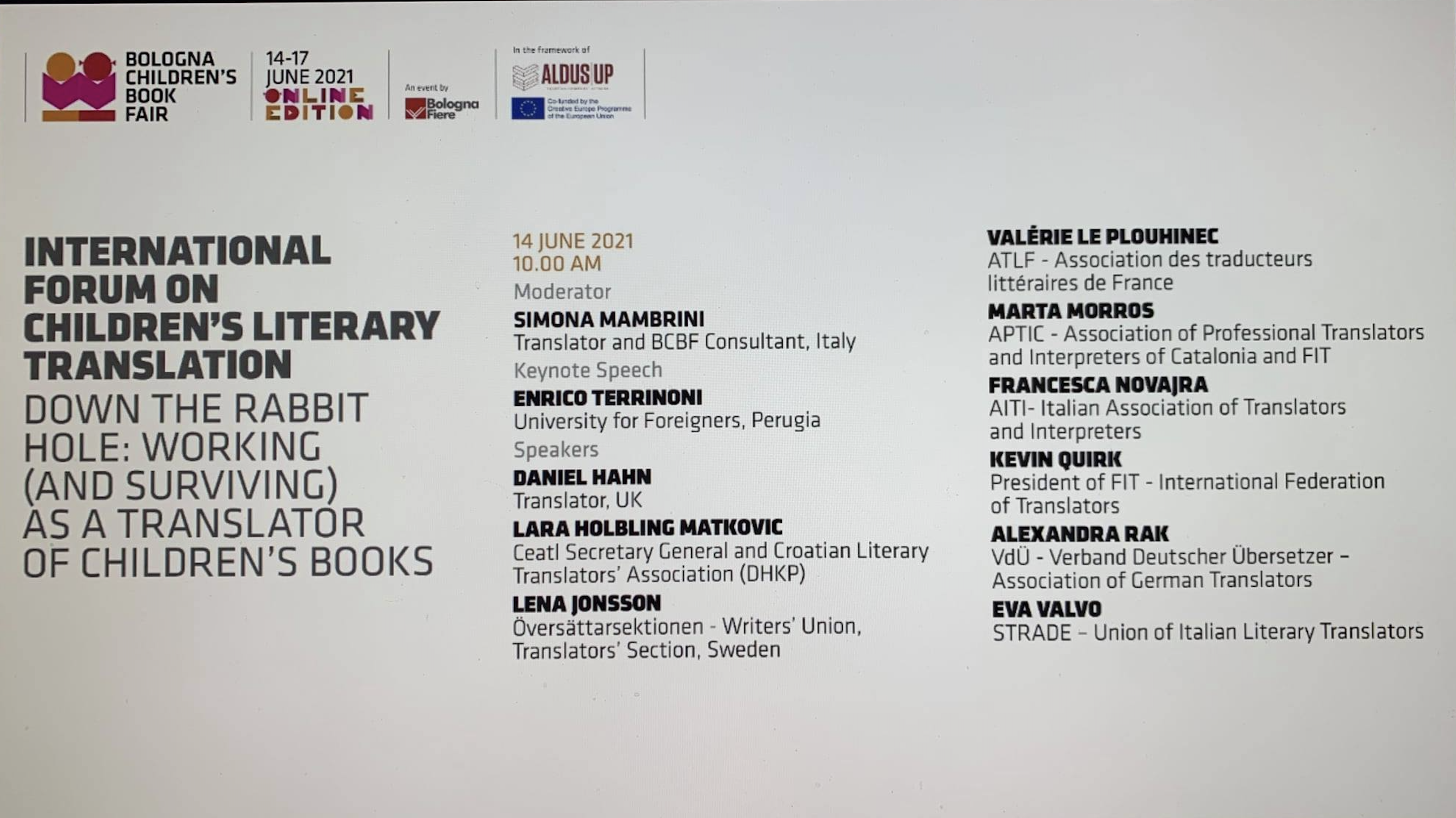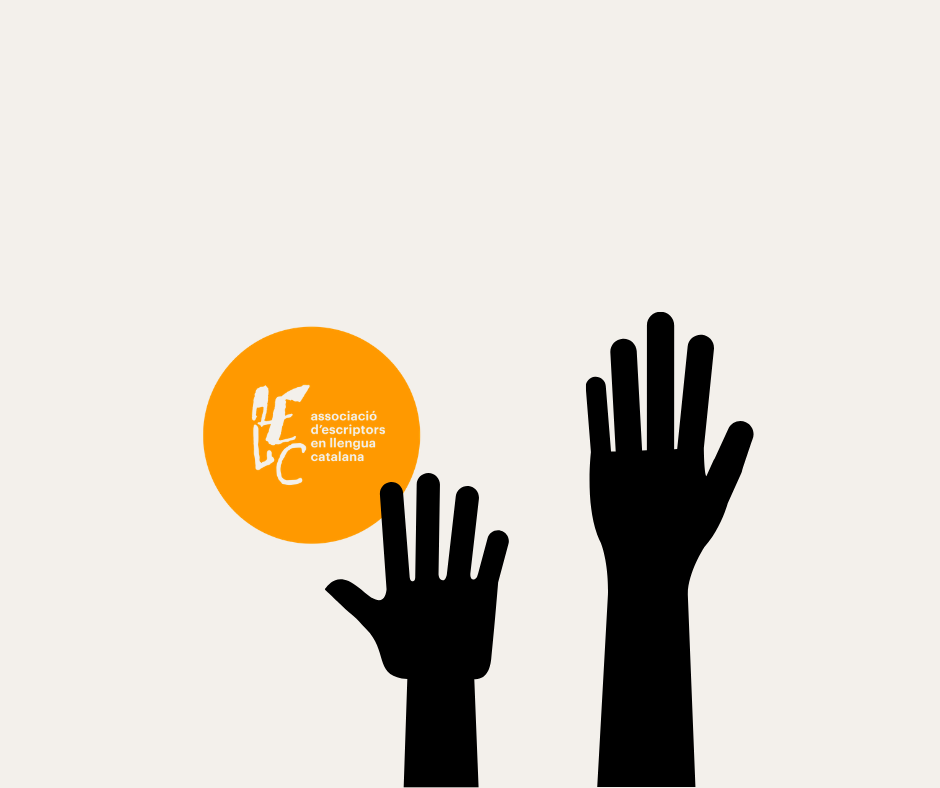The German Association VdÜ has developed a very useful tool in contract negotiating which can be used by all translators, members and non-members.
The KNÜLL file, as it is called, is an information exchange between literary translators on the current status of the contractual conditions.
The file is based on the contractual conditions offered by publishers and other copyright exploiters, as reported by the translators. Upon request, this information is available to all colleagues in order to improve their stance in contract negotiations. Personal information is neither saved nor passed on; inquiries and reports are treated with absolute confidentiality.
In order to always be up to date, KNÜLL relies on the active support of the translators, who can provide information such as publisher name, language combination, genre of the work, publishing format, payment conditions, additional rights, etc. in an online form (sent by e-mail or by post: https://literaturuebersetzer.de/site/assets/files/1087/knuell-meldeformular_2022.pdf).
Inquiries can be made informally (the quickest way is by email). The translators addressing the inquiry are asked to state the publisher’s name, language, format and type of text and, if necessary, provide other information if it is relevant to the negotiation.
Inquiries are free of charge, active reporting is encouraged between members and non-members so that the position of each and every individual is strengthened and translators can benefit from a stronger starting point in negotiating.
As per December 2023, the database provides data on contract conditions of around 200 publishing houses and imprints in the german speaking market.
The file has been founded in 1994 by colleagues in Frankfurt and has been in development ever since.
VdÜ keeps sending friendly reminders to members in order for them to provide current data. Feeding Knüll is seen as an act of solidarity, helping to improve contract conditions for all colleagues.

 The residency of the Croatian Literary Translators’ Association for literary translators and writers is the result of years of effort to create a space in Zagreb welcoming both translators and writers: translators, as voices of Croatian authors in the world, and writers who are still looking for their translators as well as those whose works are being translated.
The residency of the Croatian Literary Translators’ Association for literary translators and writers is the result of years of effort to create a space in Zagreb welcoming both translators and writers: translators, as voices of Croatian authors in the world, and writers who are still looking for their translators as well as those whose works are being translated.






